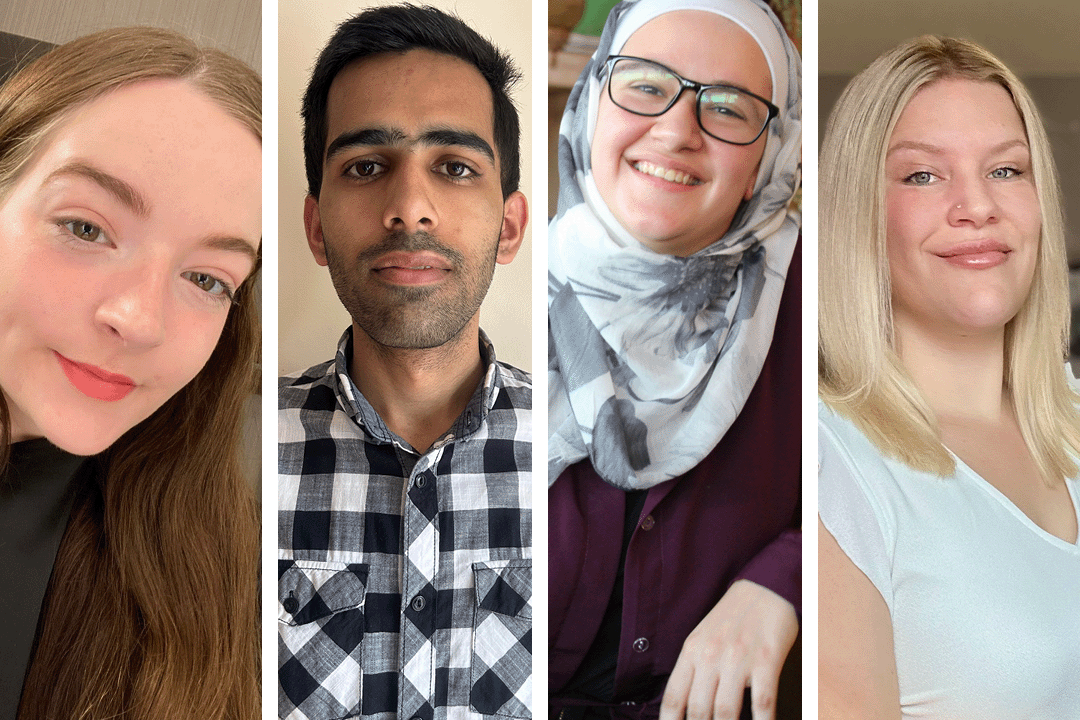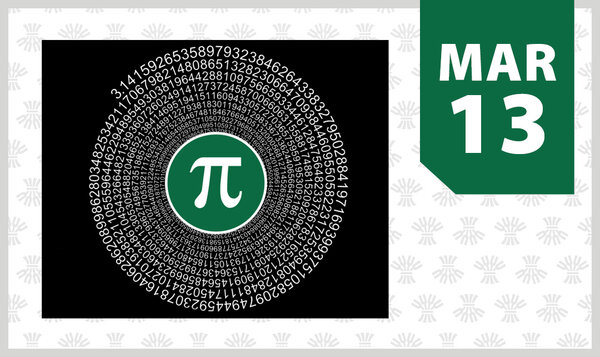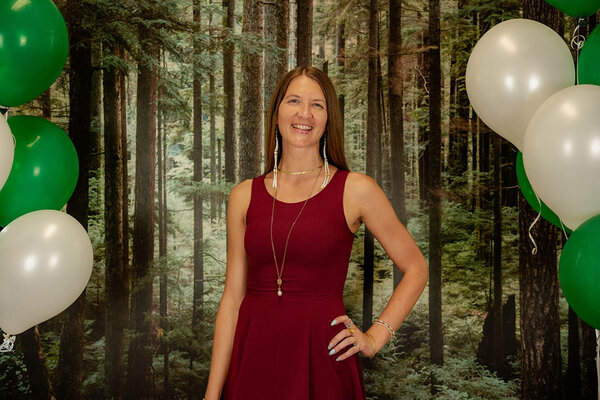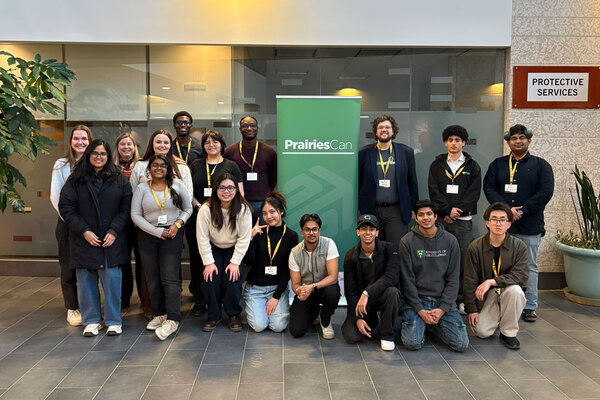
Sociology students put their skills to the test with experiential learning
Students enrolled in Sociology 410 offered analytical skills for 211 Saskatchewan phone calls
By Kristen McEwen
A group of University of Saskatchewan (USask) sociology students put their knowledge to the test when they served as consultants for a provincial non-profit organization.
Students who enrolled in the course Sociology 410 received and interpreted data to offer insights and improvements for a service called 211 Saskatchewan, led by United Way Saskatoon & Area and United Way Regina. The service offers access to a database of more than 6,000 social, community, non-clinical health and provincial government services.
“It was definitely unique,” said fourth-year sociology honours student Tori Maddox. “I was a little bit nervous going into it. I wasn’t really sure what to expect, having never worked with a professional organization before.
“Overall, it helped me feel like the four years I’ve spent in university has led to something. I felt like I had the opportunity to put my knowledge to the test,” Maddox said.
Sociology 410 is a course facilitated by professor Dr. Harley Dickinson (PhD) and offered in the College of Arts and Science.
Instead of writing individual papers, the group of four students decided to work together to apply what they had learned in the classroom. The students analyzed and interpreted the data gathered from calls made to 211 Saskatchewan and the services accessed.
“It was just a really nice way to present your work to people who are familiar with the data, who will genuinely use it, which is not something you always do (as a student),” said sociology student Talia Nashabat.
When people call 211, service navigators are available 24/7 and 365 days a year to answer the phone and connect individuals with services they need. The services include access to mental health and addictions, housing, food and other programs and services available in the province.
United Way of Saskatoon and United Way of Regina are leading the 211 Saskatchewan initiative to improve access to essential services and improve well-being for everyone.
Nashabat added that the tone of the final report provided to United Way was different compared to any paper she has written as a student. Having a specific audience for the report, with the knowledge that the data analysis was going to be used to improve services for 211 clients helped change their mindset when writing the report.
Through an analysis of data provided by United Way, the group of four students examined the types of calls 211 received in the past year, and what percentage of those calls were categorized as “unmet.” The calls that went unmet were for various reasons: from the services available didn’t meet the caller’s needs, to callers not wanting to be transferred to another service.
Sociology graduates can evaluate and interpret high-quality research information to help organizations form a picture to inform decisions, utilizing writing and statistical analysis skills, Dickinson said.
“We train people—we give them the knowledge and skills in this area, but it’s in an academic context,” he said.
“The community organization, who works directly with us and whom the students have direct access to in terms of clarifying consulting—just as if it were a consulting company,” Dickinson said.
Students learned what the community partner wanted to learn from the data and provided a final report to United Way, featuring an analysis of the data that was gathered.
Another student in the group, Muhammad Amir said that he enjoyed using the skills gained in the classroom “for some greater use and greater learning for everyone.”
“I think it’s really beneficial,” Amir said. “Normally as a student, we don’t get that many opportunities to talk with people who are out(side) of the university, and we don’t have that many communications with other partners.”
Sianne Bassingthwaite is a psychology student minoring in sociology. She noted that she enjoyed the practical application of utilizing what she was learning in class.
“I think being able to help a community organization like United Way makes me feel like I have been able to utilize my learning in a useful way rather than just memorizing things for exams,” she said.
“Being able to share my knowledge and work with a community partner is very rewarding and I really enjoyed being able to present our findings to them in a professional setting.”
Dickinson said courses with experiential learning units are beneficial to students as potential employees venturing into the workforce.
“We’ve tapped into a growing need and expectations of what university graduates could be, and should be, proficient at.”
Together we will support and inspire students to succeed. We invite you to join by supporting current and future students' needs at USask.


